The Independent's journalism is supported by our readers. When you purchase through links on our site, we may earn commission.
Norman Tebbit Q&A: the ex-Tory MP on the election campaign, Osborne, and the party's future leader
In the wake of the disappointing Conservative election result, the former chairman of the party gives his damning verdict on where it all went wrong
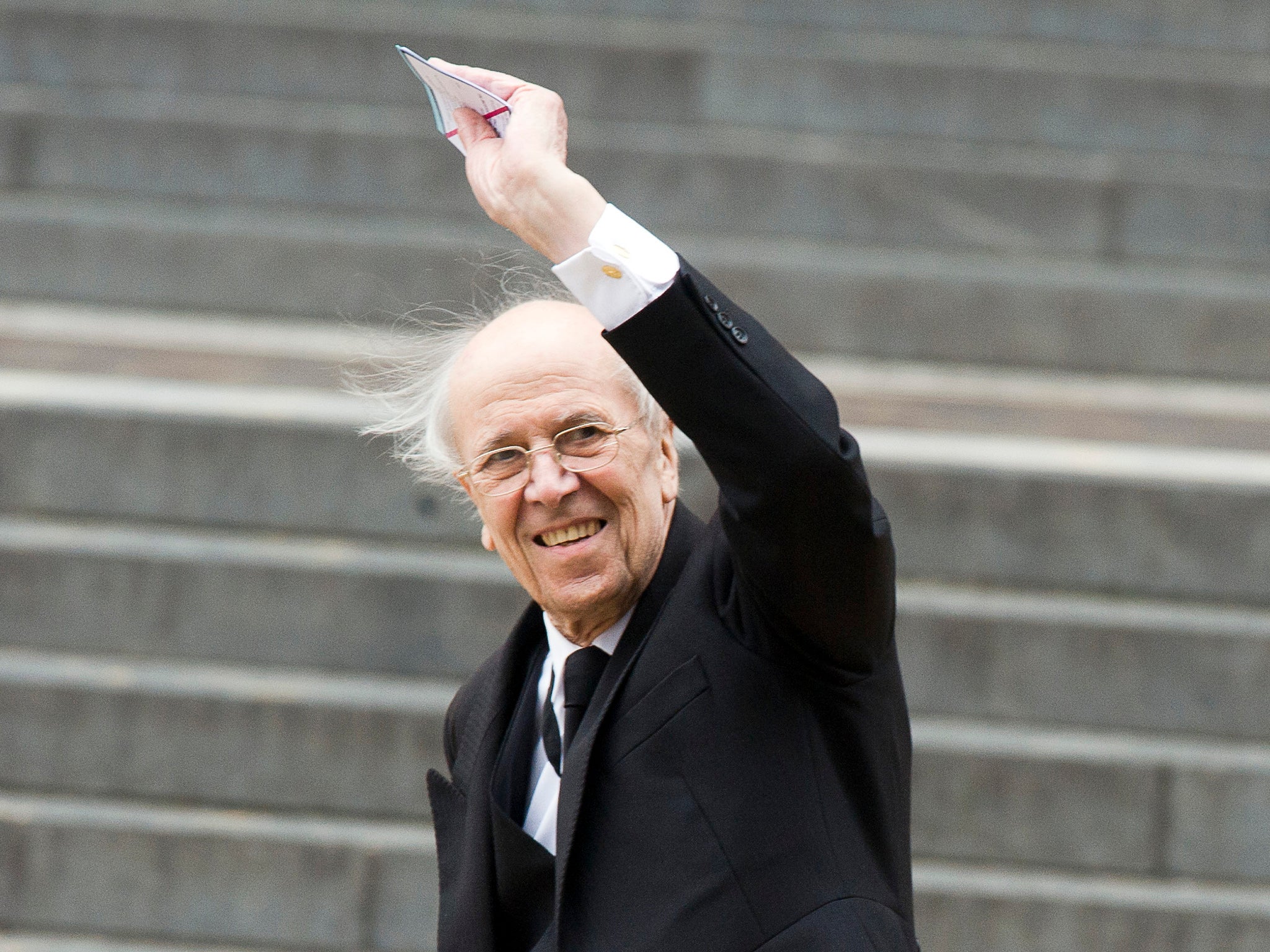
Your support helps us to tell the story
From reproductive rights to climate change to Big Tech, The Independent is on the ground when the story is developing. Whether it's investigating the financials of Elon Musk's pro-Trump PAC or producing our latest documentary, 'The A Word', which shines a light on the American women fighting for reproductive rights, we know how important it is to parse out the facts from the messaging.
At such a critical moment in US history, we need reporters on the ground. Your donation allows us to keep sending journalists to speak to both sides of the story.
The Independent is trusted by Americans across the entire political spectrum. And unlike many other quality news outlets, we choose not to lock Americans out of our reporting and analysis with paywalls. We believe quality journalism should be available to everyone, paid for by those who can afford it.
Your support makes all the difference.You ran the Tory election campaign in 1987. And if the story is accurate, you were grabbed by Lord Young and told “Norman, listen to me, we’re about to lose this fucking election” – an election you went on to win handsomely. Is that story true? And what do you think went wrong with the Tory election campaign this time around?
Well, first of all: yes, that’s broadly true. There was one bum poll, which frightened David Young to death because he’d never done anything like this before and he panicked. And if you read the account of it in his autobiography, he admits that later, when he saw the next poll coming out, he realised it was alright, as indeed it was.
The lessons for this [2017] election are that if you’re going to have a snap election, it should be a snap – not a long, drawn out whine. Seven weeks for a snap is a long time. It should have been four weeks. Second, you need to have got everything organised and ready. You need to have a manifesto which has been thought through and which has been cleared with the relevant cabinet ministers. So they were the two enormous mistakes. The local elections were a Conservative triumph. And then, a few weeks later, there was a humiliation, frankly.
The other mistake was the cult of “me”. Postal voters received alongside their postal vote stuff, a letter from Mrs May, which started off, in the constituency where I live: “Dear Mr or Mrs Bloggs, I want you to vote for me and my candidate, Joe Churchill.” And it goes on in that way: vote for “me”. Well, she wasn’t standing in Bury St Edmunds and the word “Conservative” was not mentioned. So she fought without the Conservative party in that sense.
It’s interesting you say that because most people remember Margaret Thatcher being a presidential leader, someone campaigns focused on. But you’re saying that back in the 1980s, it was very much about the party as well?
It was very much about the party. It was our job to make sure that the manifesto was neat, organised, and that there was not going to be any confusion about what was in or out. We then decided, in conditions of considerable secrecy, what were the option dates for it and which was the best one. I remember in 1987, we had to convince the prime minister of the right date. She said she’d got this meeting with President Reagan and she couldn’t stand him up, so we said, “No, but there’s Concorde, you can go there and back in a day.” There was a professionalism about it.
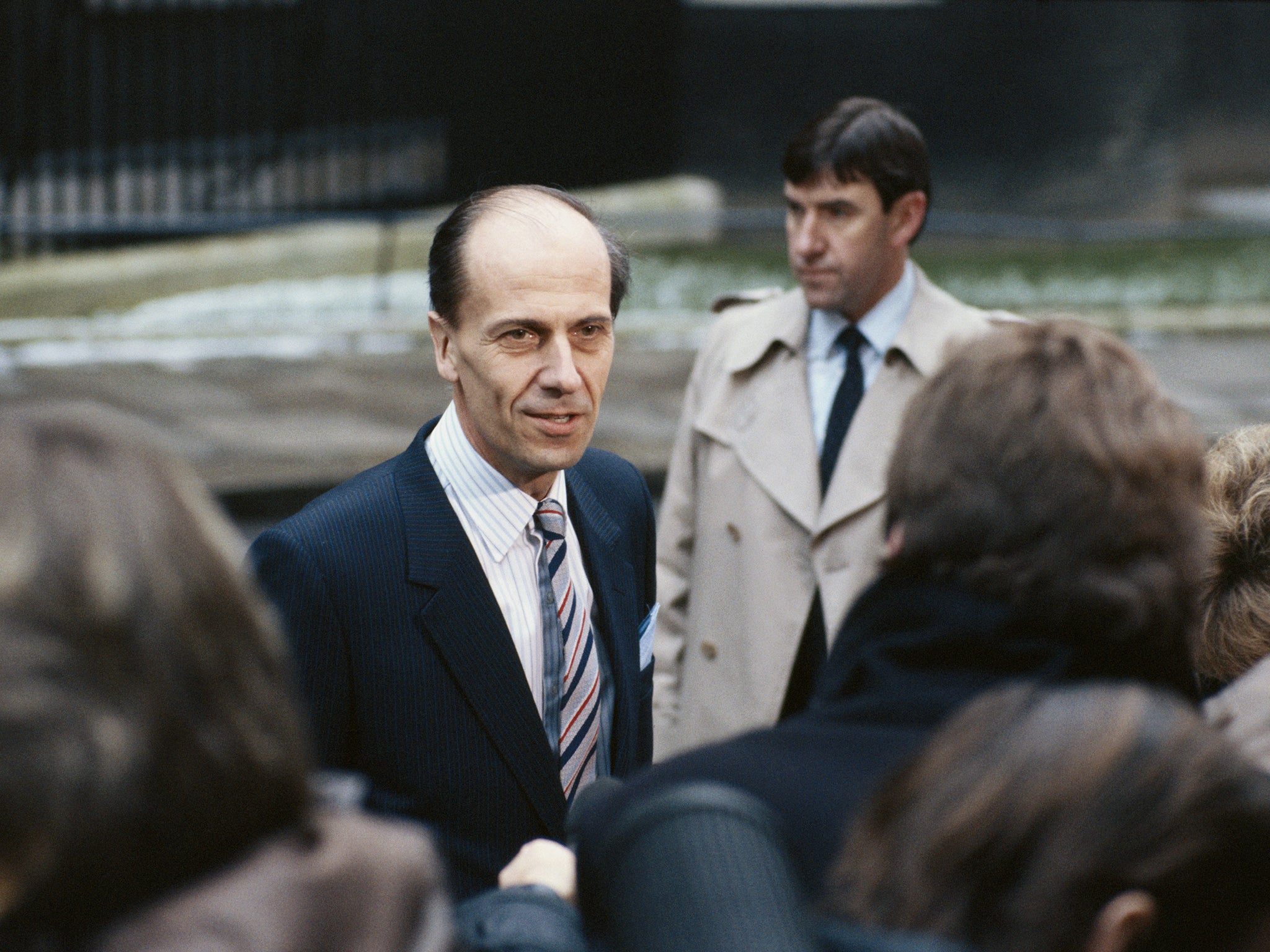
The party was much stronger and the grassroots were much stronger then. Of course, we didn’t have to deal with social media – the “social disease” in my view – either. This time, we didn’t go to war using social media in the way that the Labour party did and particularly through the use of Momentum.
Were you surprised by the general election result?
I had been misled by the polls, as we almost all were. But I had my worries about it because of this campaign which was about “me” as opposed to the Conservative government.
Interestingly, in the 1980s, those campaigns were run by elected politicians. But if you look at the 2017 campaign, it’s very much about outside consultants running it. Is that a problem?
Yes. We would not have expected somebody from Australia or America to come and run it. We would have listened to what they might want to tell us about their experience, but it would be very clear who was “running” it.
But we were up to our tricks. The one I most enjoyed in 1987 was when I deliberately left it right up to the deadline for sending the BBC and ITV our party political broadcast. This party political broadcast had subtitles for the deaf, something that had never been done before. The BBC panicked because the Labour party hadn’t thought of that. They said they couldn’t carry it without the agreement of the Labour party. So I said all right, we’ll just screen a blank which says the BBC declined to carry this broadcast because it had subtitles for the deaf.
They gave up quite quickly after that. That sort of thing has translated now into the tactics of using social media. You can have a lot of fun and we didn’t have any in our [recent] campaign.
You were often touted as a successor to Thatcher, but through force of circumstance and what happened with the Brighton bombing, you never competed. Do you now see an obvious successor to Theresa May?
Not obvious, but there are a few possibles. Some of it will depend on when that time comes, but I think it’s quite probable that it will not be one of the well-known, current leading politicians. It is more likely to go down to a generation like Priti Patel, like Sajid Javid, people of that kind who will make their mark over the next months and years and will come with fresh ideas, having learned from some of the mistakes.
If Mrs May fails then those close to her will carry some of that failure. I think it would be easier to sell, in marketing terms, someone who was not broadly associated with that.

Do you think it’s time for May to go?
I think that will depend, as Harold Macmillan said, on events, dear boy, events. But we should remember Thatcher’s great dictum that every prime minister needs a Willie. May needs somebody as deputy prime minister in the Lords, not a departmental minister, but doing what Willie Whitelaw did, dealing with all the awkward things, to sort them in a cabinet committee and then present that back to the cabinet.
The cabinet is now too big anyway and government is chaotically organised. We have people in more than one department, which is just silly. And then exotic titles. I ran the department of trade and industry – that is now spread over half a dozen departments. There are people trying to do things like produce an “industrial strategy”. An industrial strategy should comprise a government keeping out of the way as far as possible, but ensuring that there is an ample supply of well-educated people leaving school and university for jobs which actually exist.
We still have a dreadful shortage here of people in the building trades, and with high-tech skills. Meanwhile, there is an ample supply of sociologists. Kids are being conned into going to university and taught sociology because that’s what their lecturers want to teach. They come away thousands in debt with no real qualifications for work.
So who is that Willie?
One good candidate would be Tom King, who also knows Northern Ireland, having done that job.
On Ireland
What do you think of the deal the government has done with the DUP? And given your view on public spending, do you think it’s a good use of £1 billion of taxpayers’ money?
I don’t think it was necessary to pay anything. The idea that the DUP would precipitate another general election in which they might have the friends of the IRA like Jeremy Corbyn in charge? No, they wouldn’t have done it.
So you would have counselled May not to pay that money?
Yes. It should just have been an understanding. “We will do lots of things to be nice to you and helpful to you because we appreciate the difficult circumstances of Northern Ireland. As we always have done. We are the Unionist party. And one thing we do not want is to let those pro-IRA people get into office.”
Do you think the deal could disrupt the peace process in Northern Ireland?
I don’t think so. The most likely interruption to that process would be a Marxist government here, which would favour the IRA. The IRA haven’t gone away. They’ve all been given free passes and things like that. They haven’t been brought to justice.
That seems to indicate that you think we now take the peace for granted?
I think we do take it for granted a bit, because given the chance the IRA would be back again for more. They learnt that violence paid. And, of course, [Tony] Blair surrendered to them. Had Airey Neave not been murdered, he would have been secretary of state for Northern Ireland. And I know what he would have done, I’m sure, because I was very close to him. His view was that the first thing you must do is lock, bolt and slam shut the door to union [with the Republic of Ireland]. You have to make people believe that they’re not going to get what they are being asked to fight for. And second, you have to destroy the IRA. And if he’d been in office when somebody came to him and said the IRA wanted a cease fire, I’m pretty sure he would have said: “They will have one, before long.”
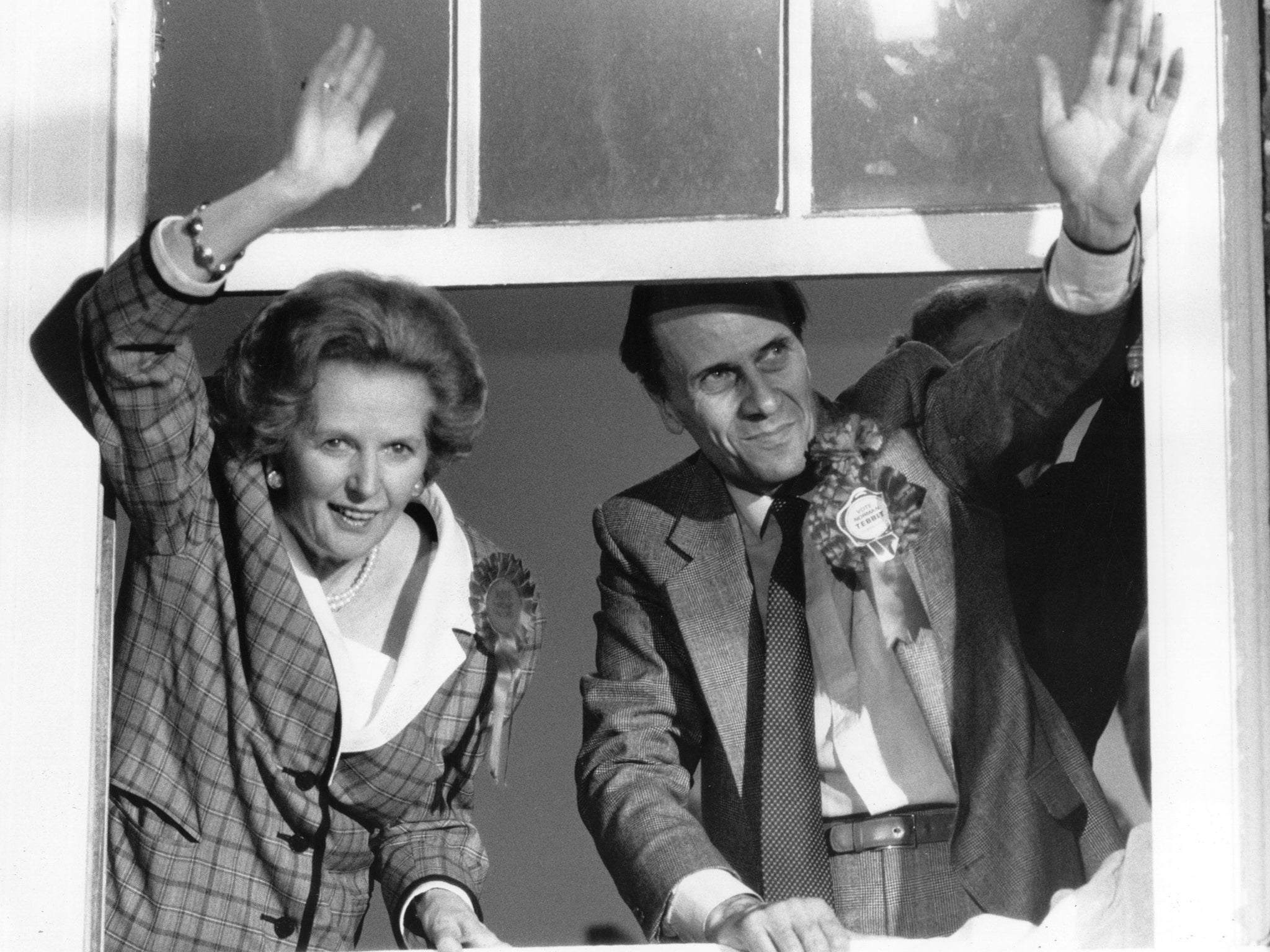
So do you think the peace process pursued since the early 1990s by John Major was a failure?
It’s not altogether a failure, but John Major started to pursue it after they landed a hand grenade on the roof of Number 10 … I have the advantage of having seen ceilings come down before – the one in the Grand Hotel. When you’ve dusted yourself down a bit like that as a kid at school and been expected nonetheless to present your homework the following morning, you have a different view of these things.
On Brexit
It has been reported that the Cabinet is badly split over Brexit. Do you think these are teething problems and turf wars, or that the government doesn’t really know what it wants?
Well, there are still Remoaners, moaning away. I don’t like referenda. I think they’re alien to our system, but it was an escape route which [David] Cameron took because he was always looking for an escape route, even if it wasn’t going the way that he wanted to go. But having had it, and had the verdict given by the people, then it has to be carried through. And that means we need to be a bit robust.
We need to tell our friends in Brussels that Brexit means Brexit and that means that we will no longer be subject in any way to the jurisdiction of their courts. We accept of course that we have some obligation to help pay for policies which we’ve launched. But we also have a right to part of the freehold of all the premises which are occupied by the European Commission in Brussels and things of that kind. Otherwise, we might put the bailiffs in.
We just need to get robust about these things: you can’t have a half-and-half Brexit. The image that comes to me is the cat in the cat flap, with one end outside in the cold and the other in the kitchen. It’s an undignified and unworkable position in which to be.
My view is quite simple and goes back a long time. Henry VIII rescued the church in England from Rome. Elizabeth I rescued Europe from Philip of Spain. The Duke of Wellington rescued Europe from Bonaparte. Lloyd George and co. rescued us and Europe from the Kaiser. Churchill and Attlee rescued us from Hitler. When did they [the EU] ever rescue us?
You sit in the House of Lords. It’s often criticised as out of touch and undemocratic. But it’s going to have a say in Brexit. Do you think the Lords will play games with the government over Brexit?
They would be very unwise to do so. We know that if the new Labour party came into office, they would have short shrift for the House of Lords. So they should think a little bit about that. The public also voted overwhelmingly for parties who declared themselves in favour of Brexit. So, hold on, fellas. You may be signing your own death warrants.
Brexit is actually terribly simple: we go. I do not envisage that when the guy comes from Singapore Airlines to Toulouse and says he’d like to buy an Airbus, that the French would say: “Yes, you can have one, but it will have no wings, no engines and no landing gear because we don’t do business with the British.”
On industrial action
You famously piloted through the Commons the trade union legislation which is seen as a flagship of the Thatcher government and certainly helped reduce the number of days lost to strikes over time. But as anyone who is a regular commuter on Southern Rail knows, the unions still have the power to make peoples’ lives a misery. Do you think that means that what you did back in the 1980s needs to be taken further?
There might be a marginal case for increasing the ballot turnout to make a strike lawful, but I think the prime issues at Southern Rail are the problems of a botched privatisation. This system simply doesn’t work because the interests of the company which owns the track freeholds is fundamentally opposed to that of the operator of the trains. And if the management doesn’t work, there is an opportunity for nasty-minded people to foment grievance. And that’s what happened.
So you don’t think that that’s a problem with privatisation, per se, but a problem with the way it was privatised?
Yes. After all, the railways worked rather well from the late 19th century until they were nationalised. Part of the problem had arisen because during the war there was no investment in them so they were in a poor state and they needed a lot of investment. But the last thing to do with a business that needs investment is to nationalise it, because then it comes to a choice between putting money into the railways or putting money into the national health or defence or overseas aid or something.
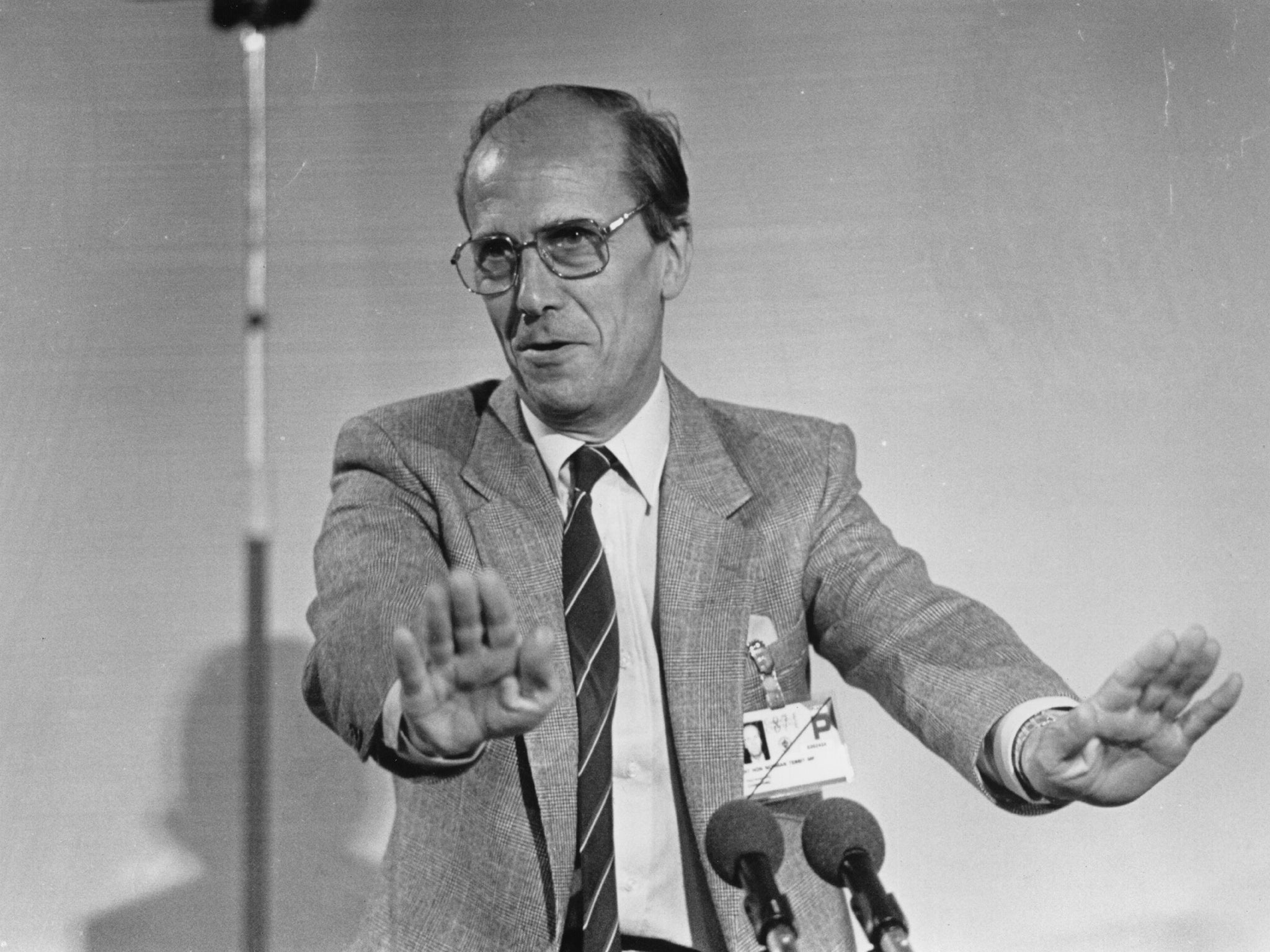
That legislation which I took through on trade union law … rested on the assumption that the chaps on the shop floor were not strike happy and eager to get out on strike. As I explained to the prime minister, being on strike is a miserable business: your wife curses you because you’re about the house and there’s no money for groceries. And even if you get a fairly good deal out of it, it’s a long time before you’ve made up what you’ve lost.
So why were they on strike so often? Well, they were on strike so often because, of course, they didn’t have a right to a fair ballot because the trade unionists, many of whom had links with Moscow, were selling the idea that only they could stop these mad, strike happy buggers from going out on strike, and that we’d have to deal with them. I just simply disproved that.
On populism and political bubbles
Politics now seems to have become very much a graduate profession in which people start pretty early. It tends to attract middle-class rather than working-class people. Now you’re somebody who didn’t go to university. You come from a working-class background and you did some things before you got into politics: you were a pilot, for example. Do you think something’s gone wrong with the way that we recruit politicians now?
We’ve slipped into the idea that politics is a career option, that you go from school to university and from there to a job at Conservative Central Office and then, if you’re lucky, you become a bag carrier, a spad or some ridiculous thing to a member of parliament. And then you go on until eventually you become a member of parliament. You then hope to be a minister and so it goes on. We’ve got a lot of members who are uniquely disqualified from any knowledge of the wider world.
Do you think that damages politics?
Yes. You mentioned my own background before I came into this house. I had indeed been both a military pilot and a civil pilot and air navigator. So I travelled very widely. And I knew the places that we were talking about. That was enormously helpful to me. In those days, we had in the house a lot of people who had no desire for office and therefore were extremely difficult to bribe – or influence, shall we say.
And I think it accounts for part of the public attitude of disenchantment with the Westminster bubble.
Did it help UKIP, for example, when it saw a surge in popularity before the Brexit vote?
Yes. Because UKIP was a very anti-establishment party. I think that it [UKIP] has now served its purpose, or I hope it has, because I hope within two years we shall be a free country again.
Some argue that the grass roots of the Conservative party have withered. Why is that?
One reason is that in the 1970s, the local Conservative Association dinner and dance was quite a social occasion. Not so now – and we haven’t devised other ways of binding people into membership.
The other aspect is that in those days the associations had much stronger say in selecting their candidate. Nowadays, they tend to be the five star, central office-approved, young person dumped on them.
On integration and modern Britain
You famously have expressed your concerns not just about immigration but about integration. How well do you think the country is doing now at integrating new arrivals?
To some extent, we’re doing pretty well. But the pace of those coming in is now greater than we can cope with.
In general, clearly there are some people who do not accept our social structure. That is a major difficulty. Previous waves of immigrants have done so and the Ugandan Asians, I was wrong about. I didn’t think they would integrate quickly, but in fact they not only integrated quickly but proved themselves to be an extremely talented group of people. So that’s not a problem. But those who deride me for being a Christian and refer to me as a “kafir” [derogatory term for a non-believer], I find that difficult to accept.
We’ve seen a lot of change since you were in the Commons, one being attitudes to, and legislation affecting, gay people. Have you grown more comfortable with those changes?
I share the same view as Tim Farron, which is that to be a homosexual cannot be a sin because that is what God has created.
But it is perfectly sensible to argue that a homosexual act is a sin because that is what the Bible has said from the time of the Old Testament through the New Testament. So therefore, as a Christian, should you dump all that and still call yourself a Christian? It’s a bit doubtful.
I opposed gay marriage because it is fundamentally not what marriage was set out to be. And I don’t like this way of proceeding by simply changing the meaning of a word. We’re doing too much of that.
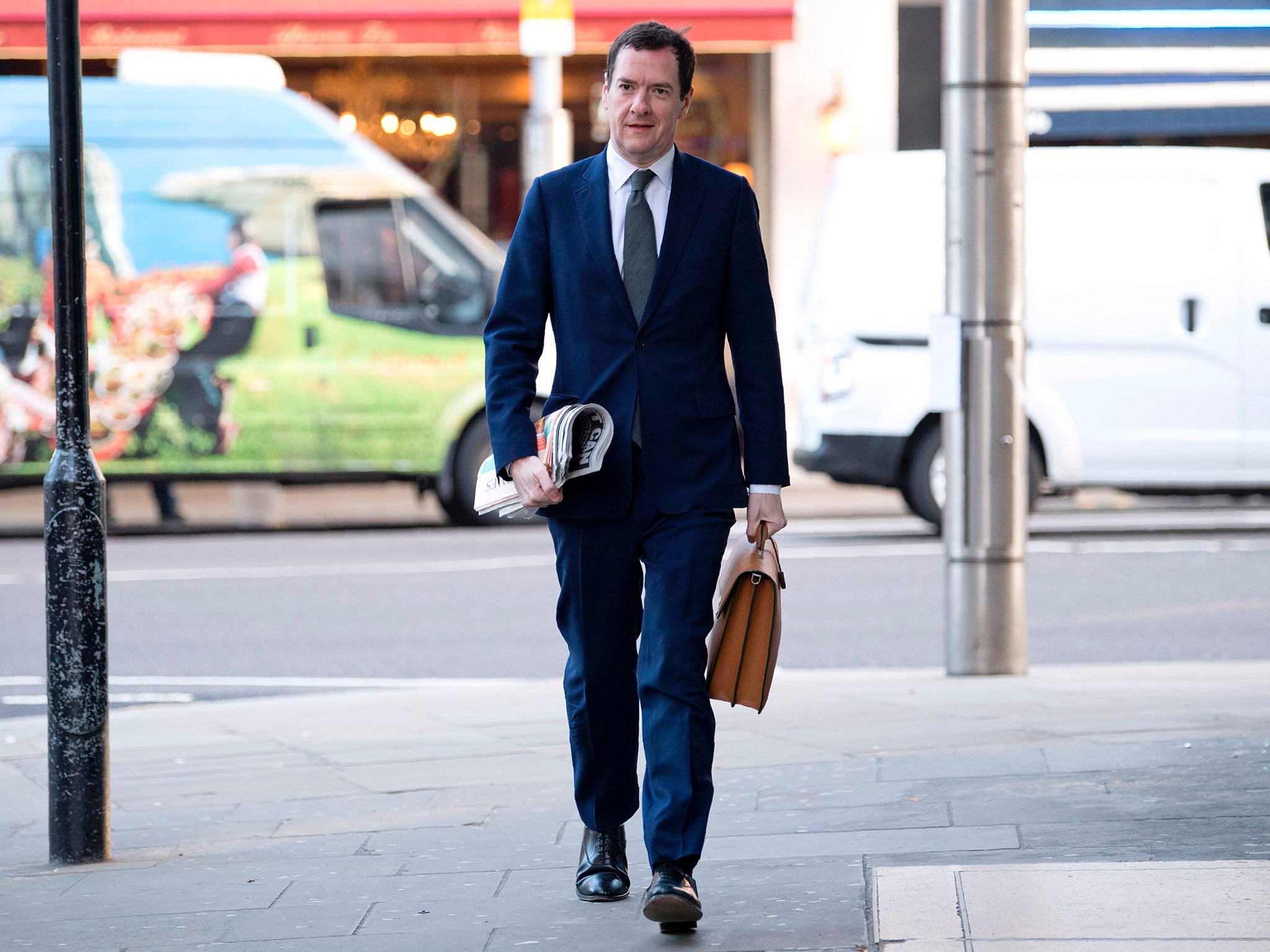
Politicians often get associated with one phrase and one that is often associated with you, even though you never actually said it so directly, is your telling the unemployed to “get on their bikes”. Is it something you just accept now, or do you feel it’s unfair?
It may be unfair, but I had the advantage of growing up through a hard schooling. I celebrate next month my 70th anniversary of being at work. I started work when I was 16, at the Financial Times at a time when 16-year-olds like me were given enormously greater opportunities than they would be now.
One day, the markets editor came into the office and I was the only one sitting there. And he said: “Have you noticed the gold share index recently. It’s a nonsense isn’t it?” During the war years, nothing was done to compensate for the fact that a lot of the companies in it were going out of business and new ones were coming into the market. And so a lot of the shares in it were dead weight. So I recast the gold index. Now how many 16-year-olds would be offered an opportunity like that today?
You now do a lot of journalism. Do you ever wish that you’d taken a different route, like George Osborne, and returned to newspapers earlier?
George Osborne is not a journalist. He’s the manager of a giveaway newspaper no one would buy. And he is possessed by some sense of grievance. So I think it would serve him right if people went around collecting copies of the paper en masse and dumping them in the river.
Would you still advise a young person to go into politics these days and what advice would have for them?
[They should wait until they’re] in their late thirties or early forties. I’d also say do something else first. Do not become constrained by the boundaries of the Westminster bubble.
Norman Tebbit was Conservative MP for Epping (1970-1974) and Chingford (1974-1992) and served as a junior minister in both the Department of Trade and the Department of Industry. In the Cabinet, he was the secretary of state for employment, trade and industry, and chairman of the Conservative party from 1985 to 1987. He now sits in the House of Lords as Baron Tebbit of Chingford.
Tim Bale is a professor of Politics at Queen Mary University of London. This article was originally published on The Conversation (www.theconversation.com)
Join our commenting forum
Join thought-provoking conversations, follow other Independent readers and see their replies
Comments